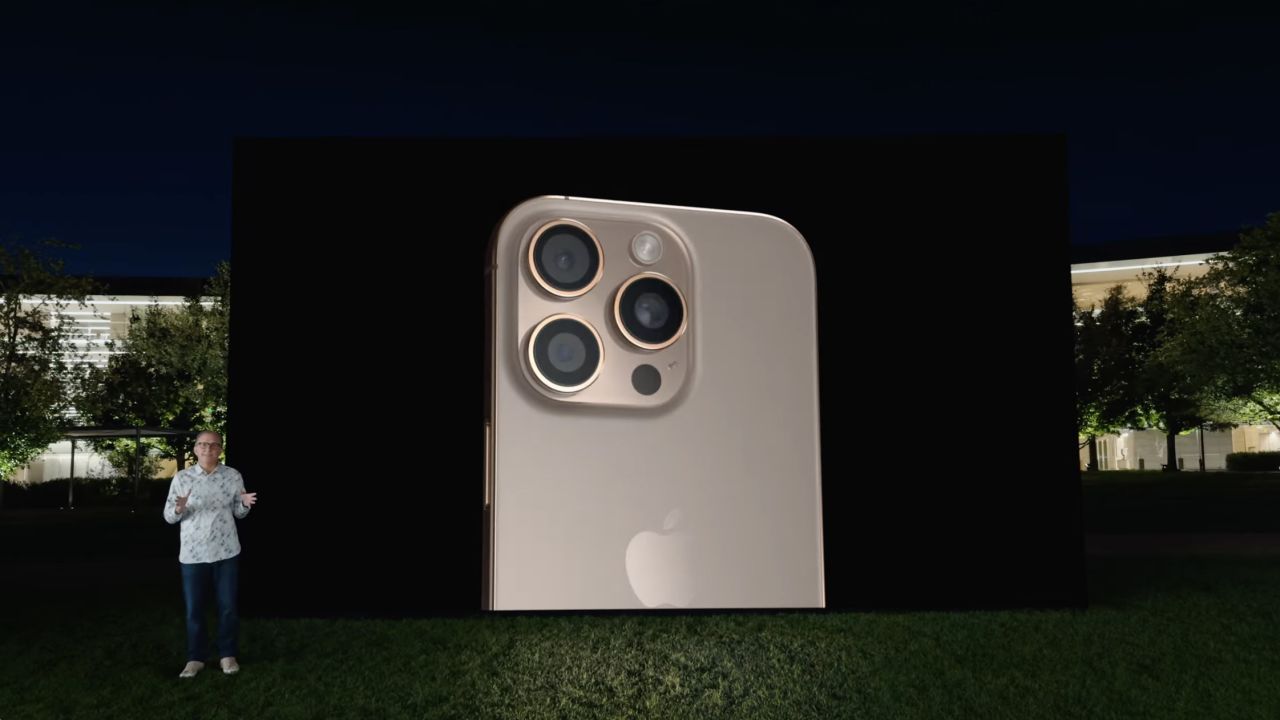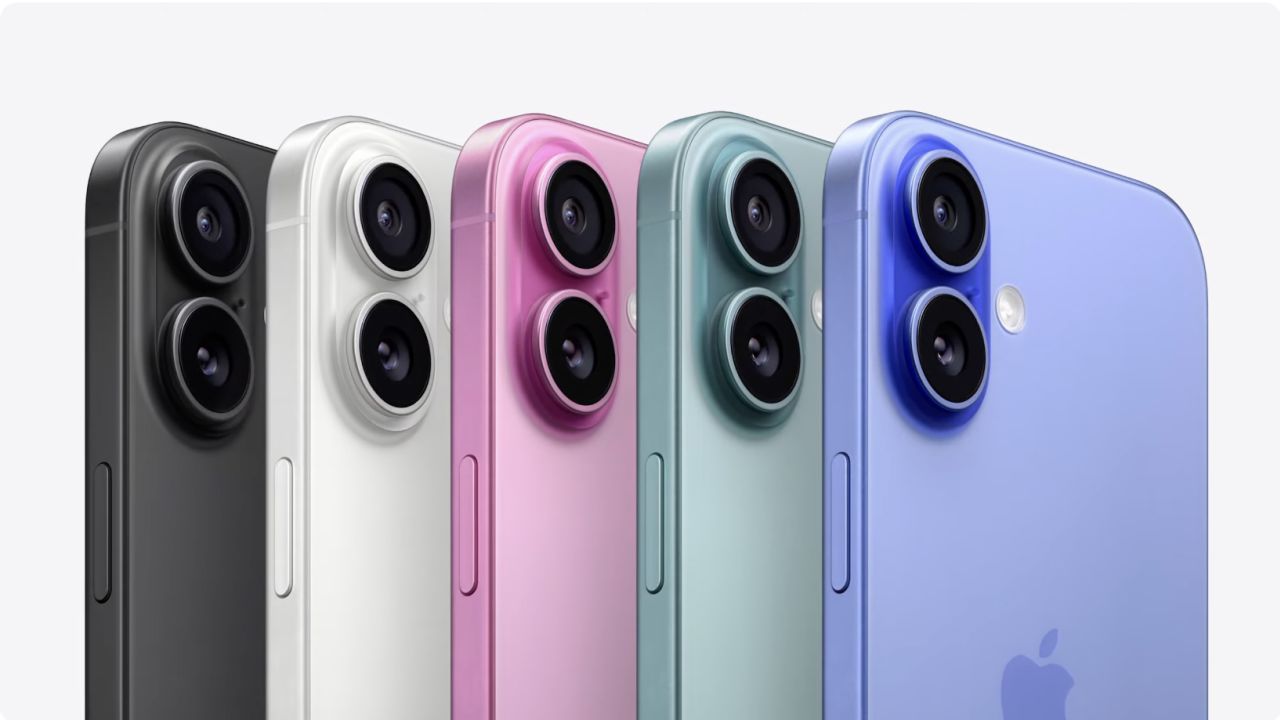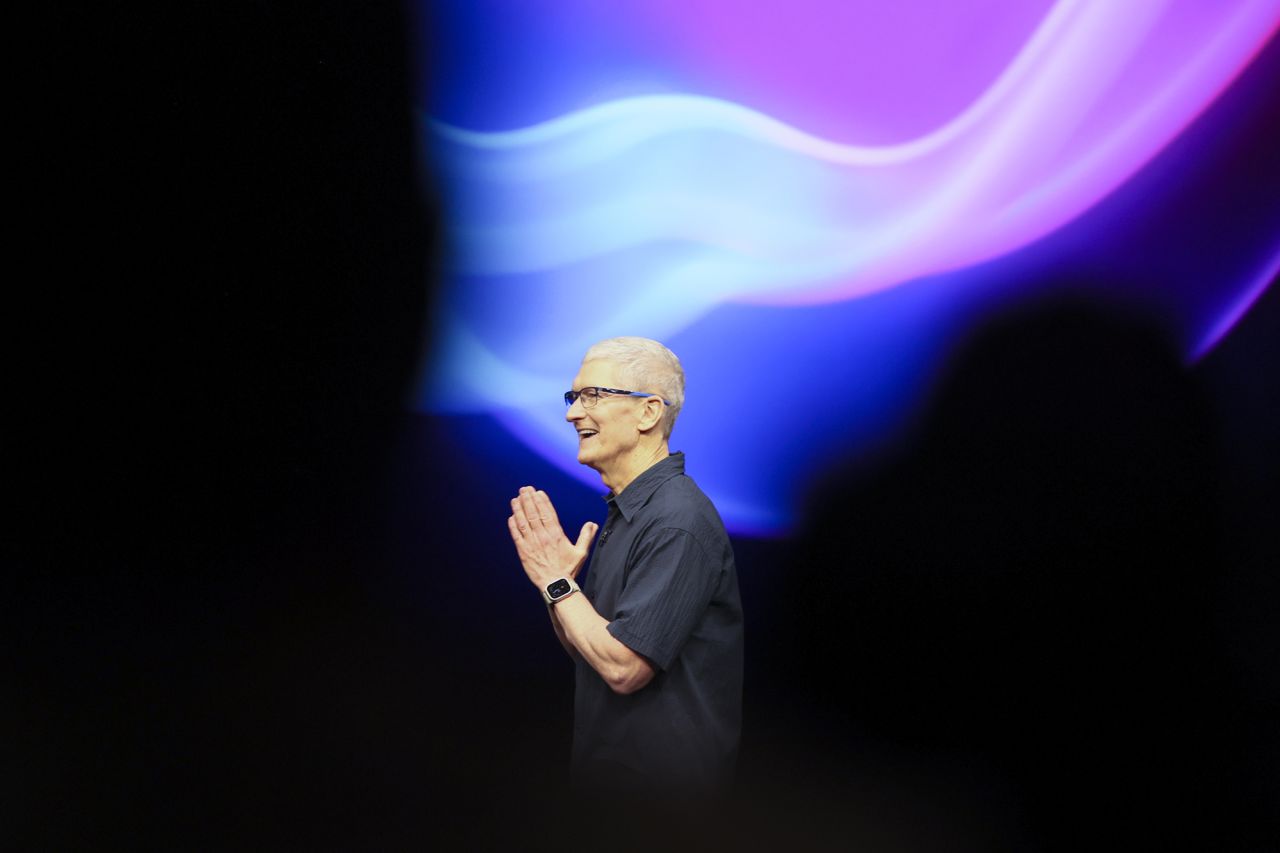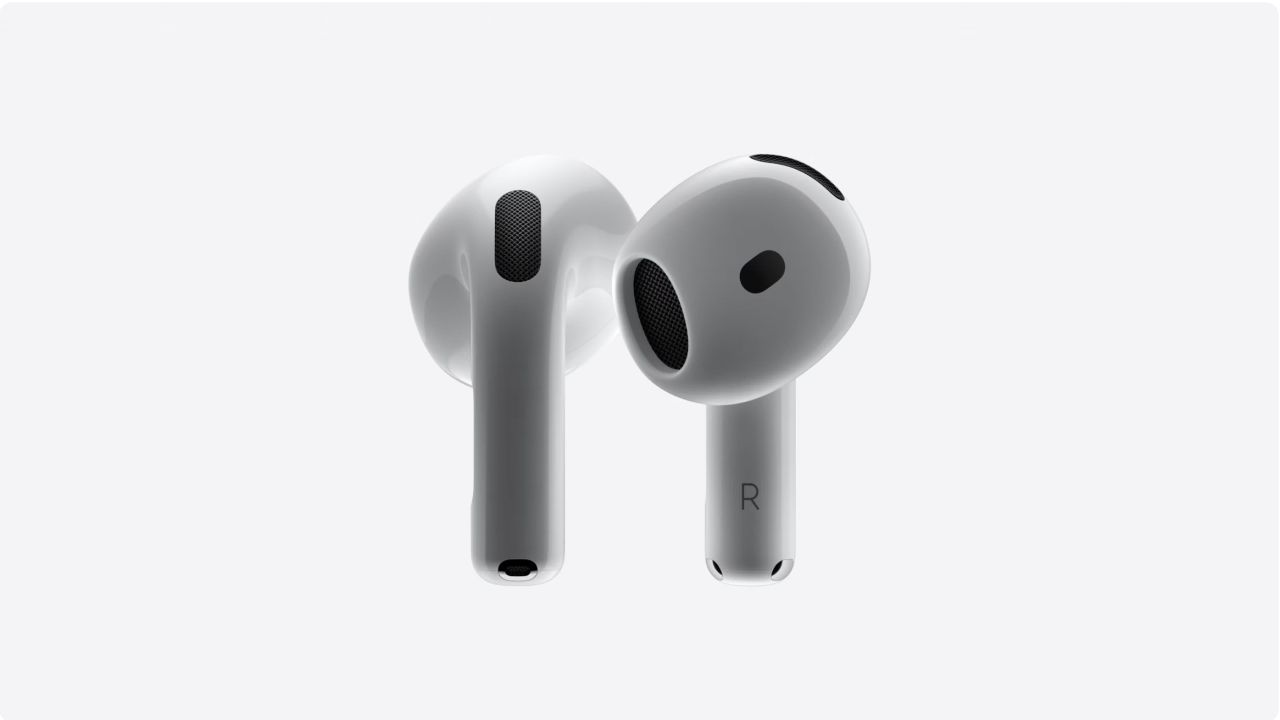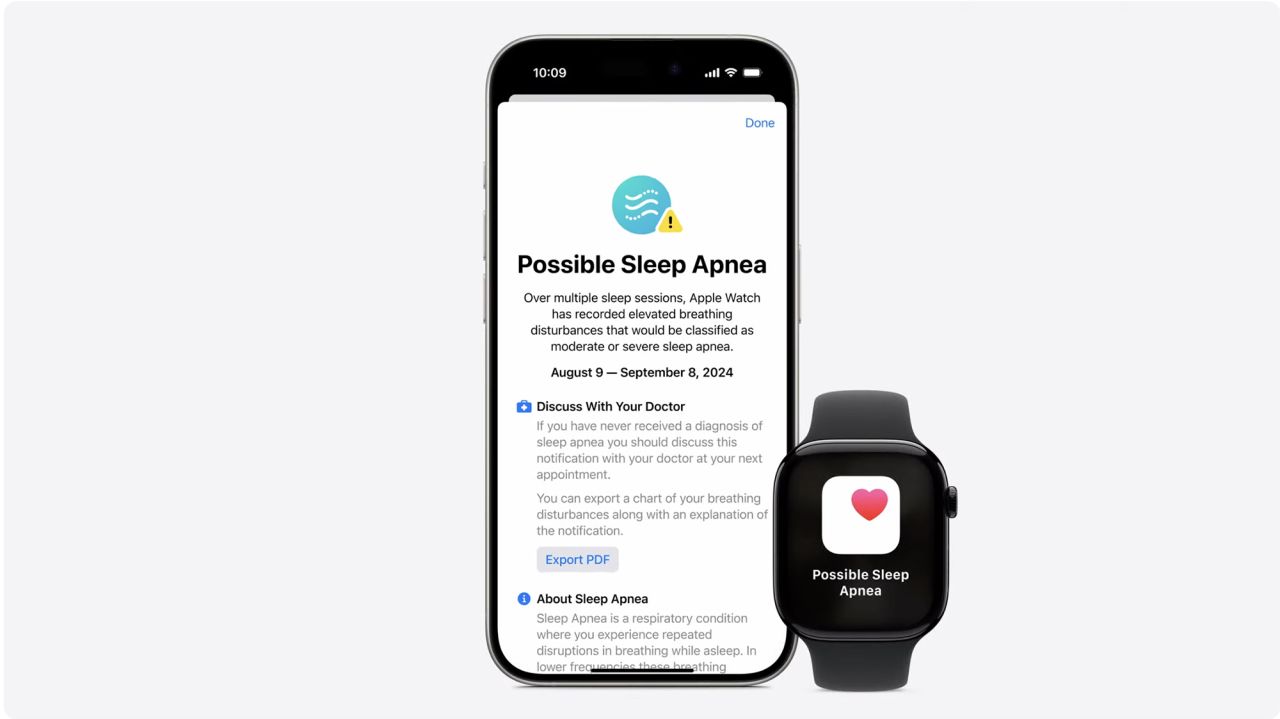People walk past an Apple store in the Americana at Brand shopping center on December 26, 2023 in Glendale, California.?
Mario Tama/Getty Images
Apple is expected to unveil its new lineup of iPhones that are built for artificial intelligence today, but that also brings up questions about privacy and data for some users.
Apple Intelligence — the collective brandname for all of Apple’s own AI tools — is intended to be more of a personal assistant than anything else. It takes in specific information about your relationships and contacts, messages and emails you’ve sent, events you’ve been to, meetings on your calendar and other highly individualized bits of data about your life.
But while Apple Intelligence will have access to a wide range of your personal data, it will lack what companyexecutives called “world knowledge” — more general information about history, current events and other things that are less directly linked to you.
That’s where ChatGPT comes in. Users will be able to have Siri forward questions and prompts to ChatGPT —?on an opt-in basis — or have ChatGPT help you write documents within Apple apps.
What about your data: Since Apple Intelligence and ChatGPT will be used for largely different purposes, the amount and type of information users send to each AI may be different, too. ChatGPT won’t necessarily or automatically have access to your highly personal details, although you might choose to share some of this data and more with OpenAI if you decide to use ChatGPT through Apple. During a demo in June, Apple showed Siri asking the user for permission to send a prompt to ChatGPT before doing so.
While Apple users will have to send their personal information and AI queries to OpenAI if they want to use ChatGPT, Apple has said that most of the time Apple Intelligence won’t be sending user data anywhere. As much as possible, Apple will try to process AI prompts directly on your device using smaller AI models.
This is similar to how Apple already?processes FaceID?and other sensitive data — the idea being that processing data right on the device limits risky exposure. Your data can’t be intercepted or hacked from a central server if it never actually goes anywhere.











